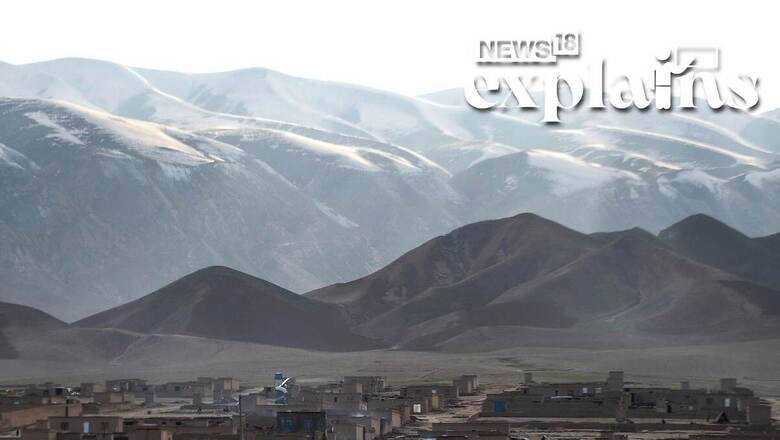
views
Afghanistan, which has been living in poverty with its economy on the brink of collapse, may be sitting on $1 trillion worth of minerals.
The country has been left in tatters after the US exit post-Taliban takeover of Kabul in 2021. It has also been rated as one of the poorest nations in the world with 34 million Afghans living beneath the poverty mark.
However, US military officials and geologists have said that the country is sitting on mineral deposits worth nearly $1 trillion, which include the world’s biggest lithium deposit. The country also has iron, copper, gold, and other rare minerals, which experts predict can change the fate of the nation grappling with an economic crisis.
Why is Lithium Crucial for Afghan Economy?
When the US invaded Afghanistan more than two decades ago, there was no Tesla, Iphone or Artificial Intelligence. There was no modern technology and no conception of Electronic Vehicles (EV).
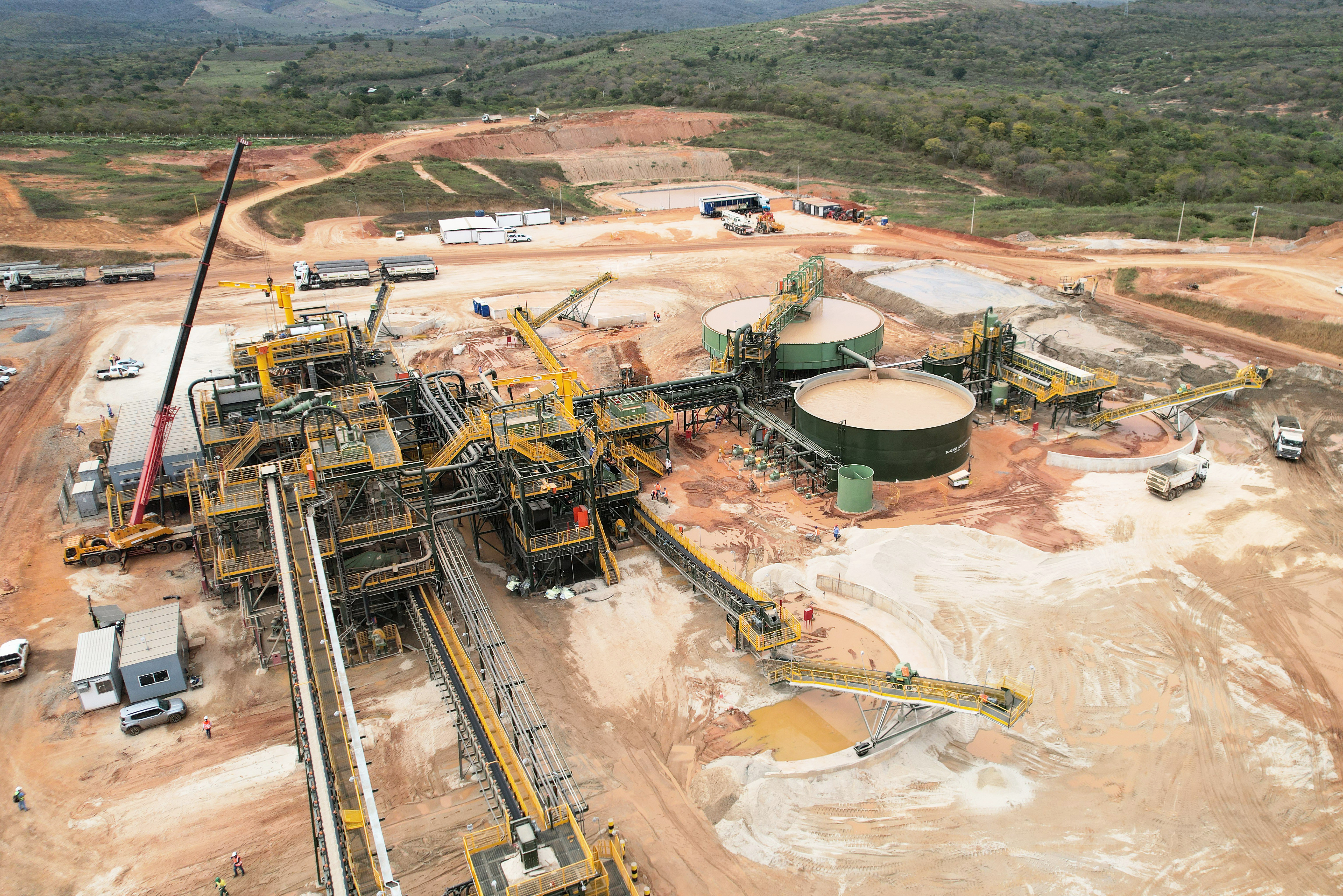
However, two decades later, the EVs are a buzzword and the demand for the mineral, a vital ingredient in batteries, has soared to an all time high. According to International Energy Agency, the demand for Lithium in 2040, could rise 40-fold from 2020 levels.
Afghanistan “sits on a huge reserve of lithium that has not been tapped to this day,” said Guillaume Pitron, author of the book “The Rare Metals War”.
According to US Geological Survey, Afghanistan “could be considered as the world’s recognized future principal source of lithium.” An internal Pentagon memo said Afghanistan could become the “Saudi Arabia of lithium.”
Moreover, the deposits of iron, copper, cobalt and gold are so huge that it could transform the impoverished nation into one of the world’s important mining centres, according to New York Times.
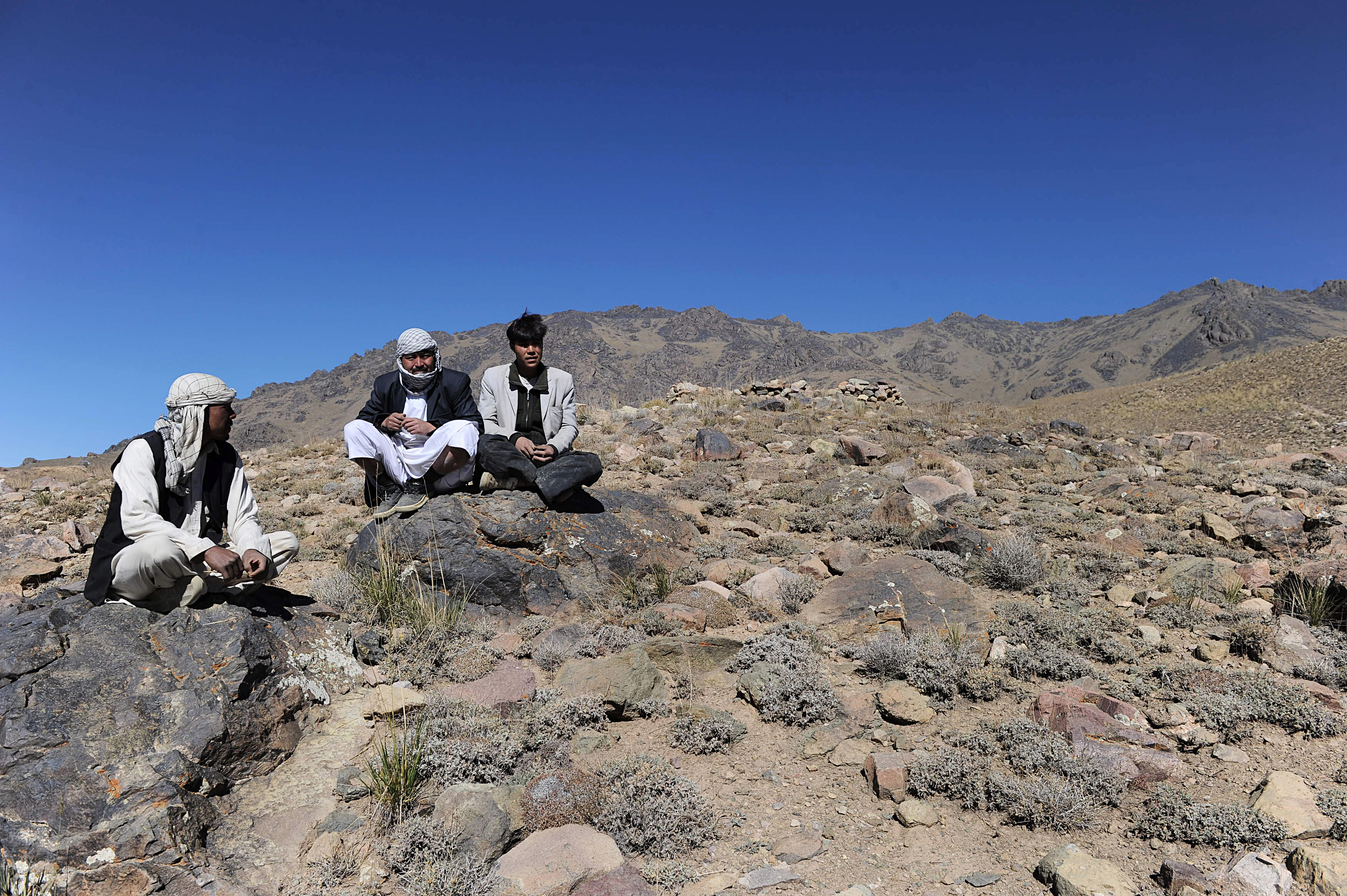
The country is also home to other rare earths that are used in the clean energy sector, including Neodymium, praseodymium and dysprosium.
Chinese Eye on Afghanistan
The huge potential and untouched minerals in Afghanistan have not been ignored by the world. However, it’s not the US to tap in the potential reserves.
According to a report in The Washington Post, a new wave of foreigners began to visit Afghanistan in late 2021. The new foreigners, i.e. the Chinese, were attracted to Afghanistan after the Lithium price skyrocketed eightfold from 2021 to 2022.
While the Taliban rule, which is yet to be recognised internationally, deter foreign investors, China seems willing to do business with them.
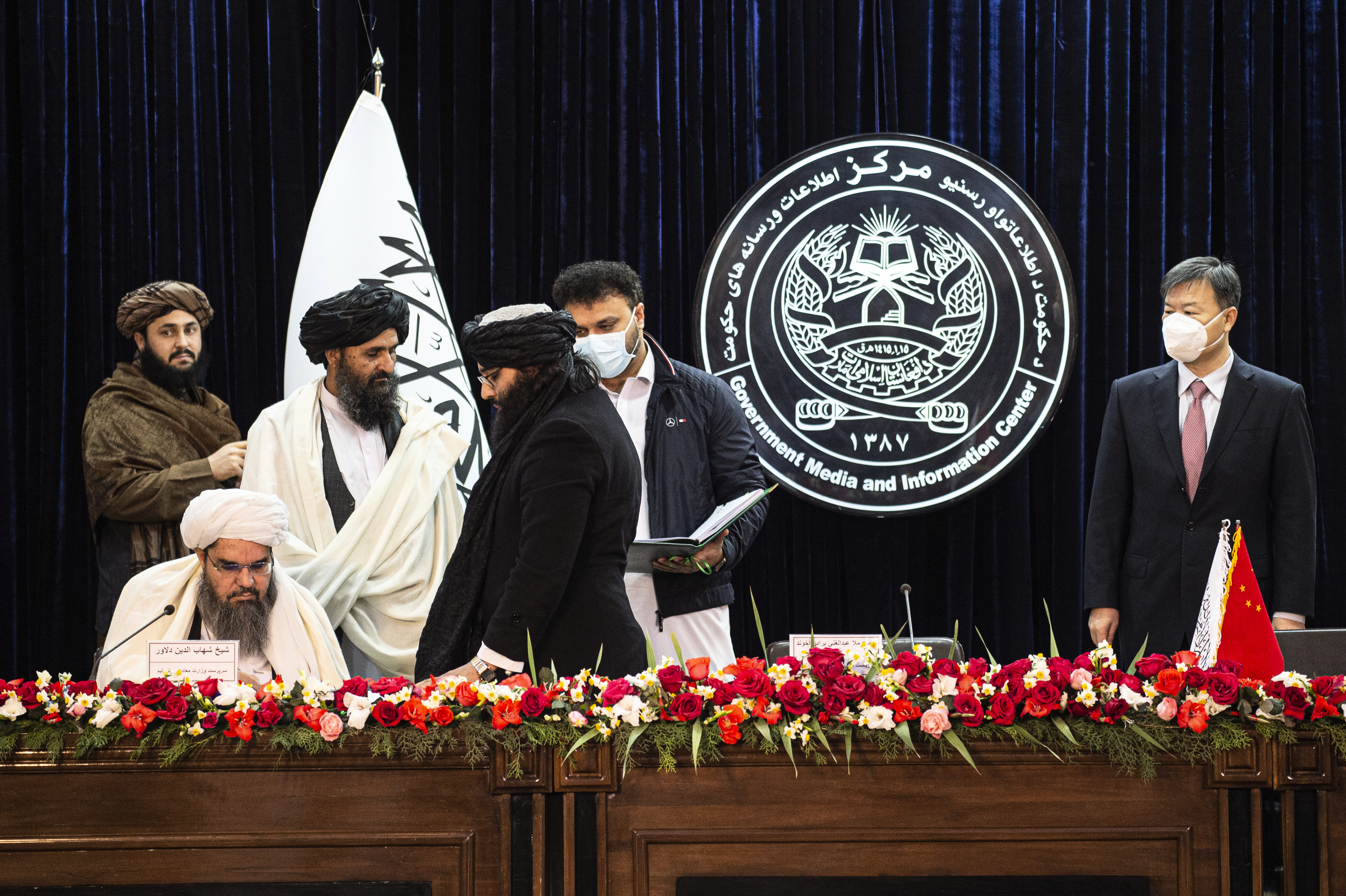
The Chinese are trying to strike a $10 billion deal for access to lithium deposits, along with creating jobs and building infrastructure. So, far the Chinese appear to be the leading contender for the Afghan lithium, which will later make it to the world market.
The Taliban, however, said they are not in a hurry to give China access to the lithium reserves, despite the offer.
In January this year, Taliban officials arrested a Chinese businessman for smuggling 1,000 tons of lithium ore from Konar province to China via Pakistan.
Enormous Challenges Ahead
The Taliban emerged victorious after decades of war with the Afghan military forces and American soldiers on Afghan soil. The economy is in tatters and the country is struggling to revive post-war.
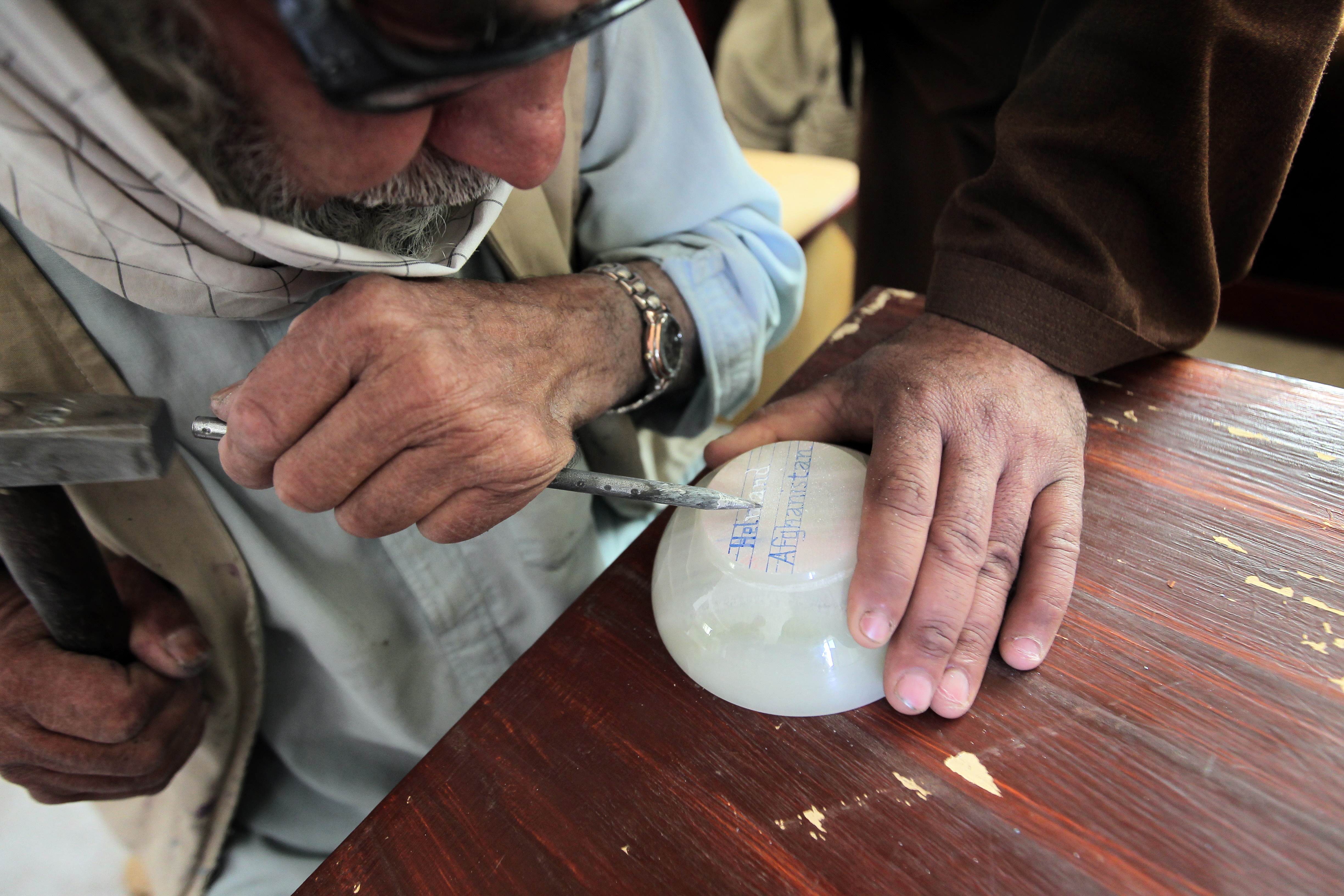
Afghanistan lacks an industrial base and infrastructure to transfer the minerals from the mountain roads to the outside of the country. The country also lacks skilled policy makers as in the past, the Taliban have appointed unqualified people into key specialized positions.
Experts say that it can take as long as 20 years between the discovery of a mineral deposit and the start of mining operations. One of the biggest challenges remains the political stability as no company would want to invest if there is no stable political and legal system, according to Guillaume Pitron, author of the book “The Rare Metals War”.




















Comments
0 comment